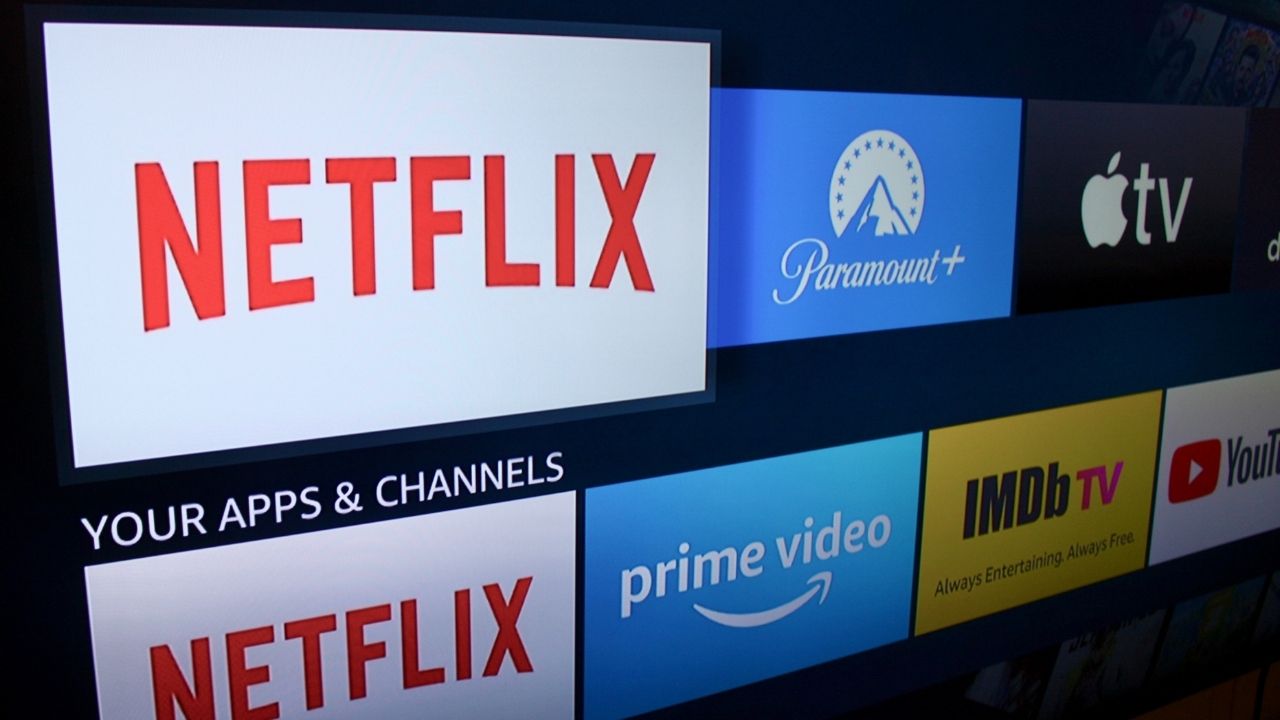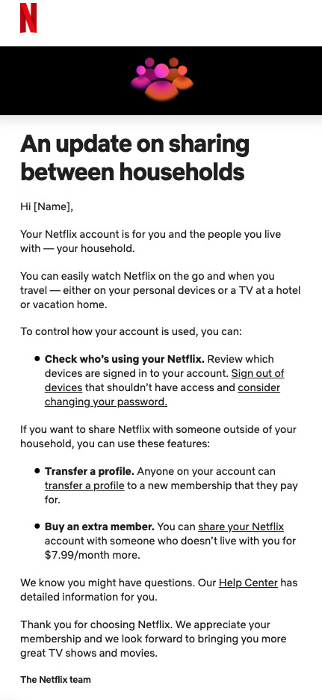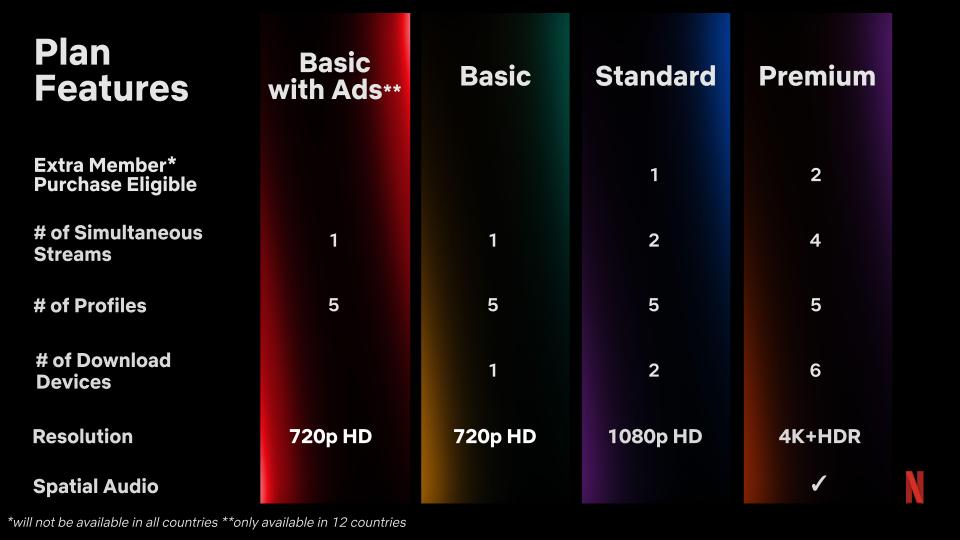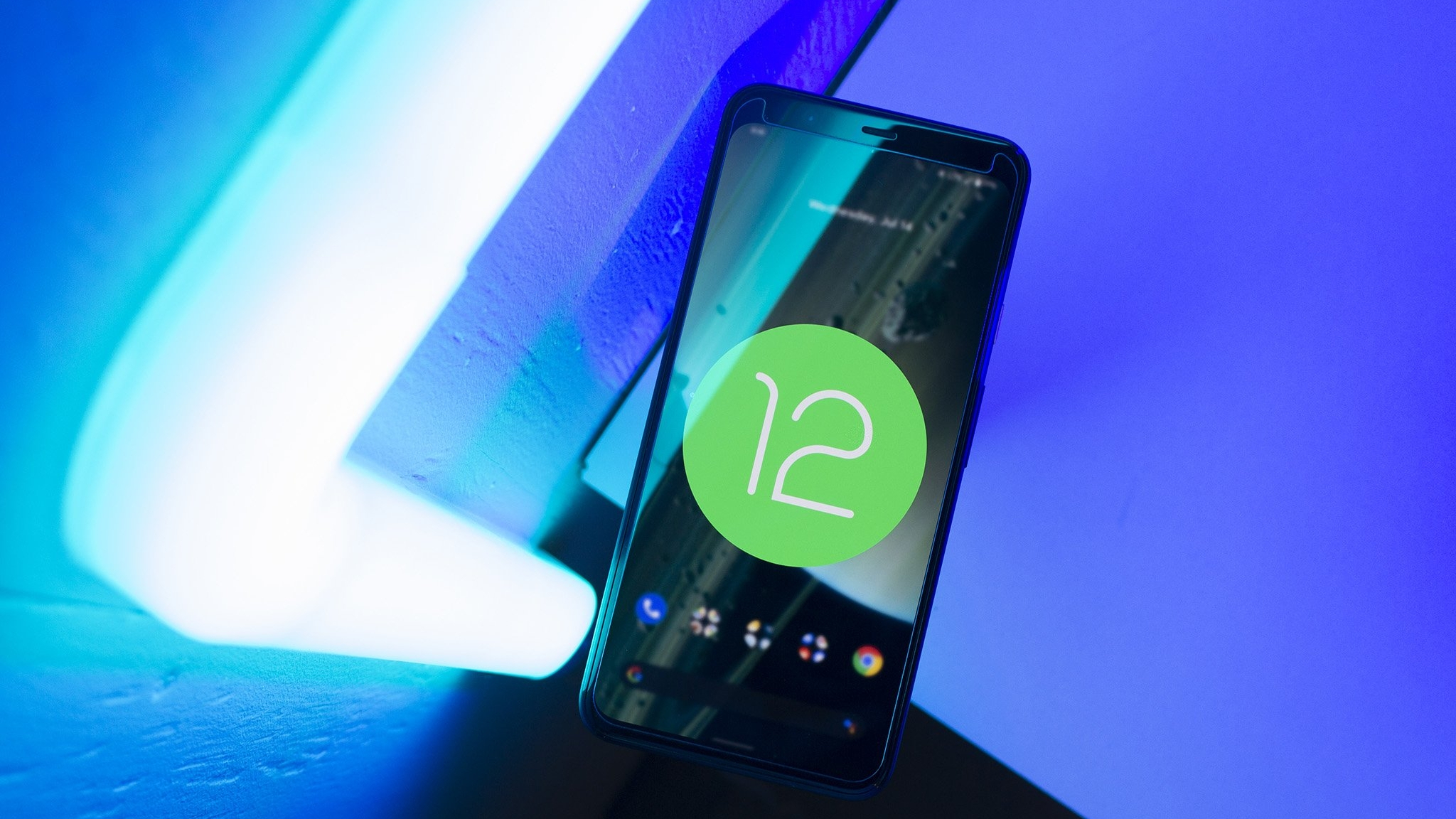Netflix's controversial password-sharing crackdown hits the US
Pay up or get the boot.

What you need to know
- Netflix has begun cracking down on password sharing in the United States.
- The company will notify account holders that are sharing their accounts with users outside their households.
- Users on the Standard and Premium plans can add one or two more members, respectively.
After teasing users for more than a year, Netflix will finally start charging U.S. subscribers for sharing their accounts with users outside of their households.
Netflix announced on Tuesday that it would begin sending emails to account holders, warning them about the change that could affect them starting today. Accounts with "extra members" may be charged $7.99 per month per member, lest they be kicked off the account.
"A Netflix account is for use by one household," the blog post states. "Everyone living in that household can use Netflix wherever they are — at home, on the go, on holiday — and take advantage of new features like Transfer Profile and Manage Access and Devices."
The notice emailed to account holders details how users can manage their accounts, including the new Transfer Profile tool introduced last year as an easy way to help extra members maintain their personal preferences and recommendations when they're kicked off someone else's account.

That said, if users want to keep the extra members on their accounts, they can do so, but with some restrictions. Those on the cheaper plans, such as the Standard with Ads and Basic, cannot add members to their accounts. However, Standard and Premium subscribers can add one or two extra members, respectively.
Once set up, these members will essentially have their own accounts and passwords, but their service will be paid for by the main account holder. Ultimately, it's cheaper than having their own separate, unattached account, as both supported plans cost $15.49 or more. But either way, you're forking over more money for Netflix "to invest heavily in a wide variety of new films and TV shows," as the company puts it.
Users within a household can also use the account while traveling, and the service offers guidelines on setting up a household, which is based on an IP address.
Be an expert in 5 minutes
Get the latest news from Android Central, your trusted companion in the world of Android

The move to crack down on password sharing has been controversial, to say the least, especially as the service continues to increase prices and cancel fan-favorite shows. The move was announced after the service saw its first drop in subscribers in early 2022, which was seemingly a wake-up call for Netflix.
The company then launched a cheaper, ad-supported tier to tempt subscribers back to the platform. It began charging for extra members in certain countries earlier this year, following a series of tests conducted last year in some Latin American countries.
Still, the move is a bit of a 360 for the company that once tweeted, "Love is sharing a password." It also comes at what seems like a questionable time for Netflix, as the new Max streaming service launches with more or less the same pricing but now with Discovery+ content included and without charging for extra members.

Derrek is the managing editor of Android Central, helping to guide the site's editorial content and direction to reach and resonate with readers, old and new, who are just as passionate about tech as we are. He's been obsessed with mobile technology since he was 12, when he discovered the Nokia N90, and his love of flip phones and new form factors continues to this day. As a fitness enthusiast, he has always been curious about the intersection of tech and fitness. When he's not working, he's probably working out.
-
rvbfan Reply
Why is most of the news posted about 2 weeks old?AC News said:Netflix is warning U.S. subscribers that they may be charged for extra members on their accounts that aren't in their household.
Netflix's controversial password-sharing crackdown hits the US : Read more
